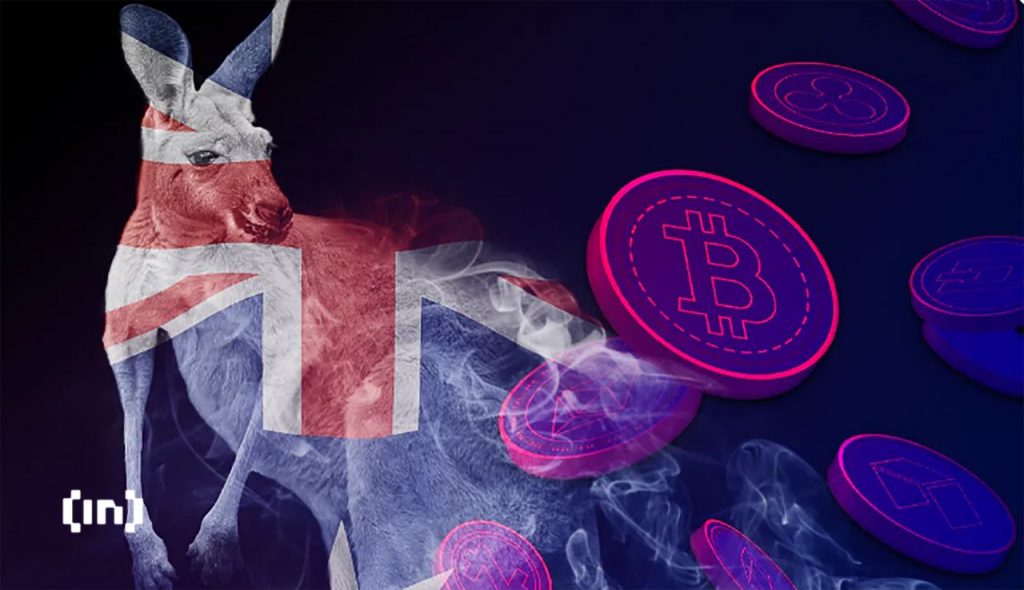Qoin Crypto Deceived and Misled, Claims Australia Finance Watchdog

The Australian Securities and Investments Commission (ASIC) has sued the issuer of digital currency Qoin Crypto, alleging that the company misled or deceived almost 80,000 users.
Australia’s corporate watchdog has also alleged that BPS Financial Limited engaged in unlicensed conduct before taking federal action against the company.
Qoin Crypto Creator Faces Court Action
The creator of Qoin could face civil penalties in court for false representations. The company reportedly made its users believe that Qoin could be exchanged for other crypto or Australian dollars on an independent exchange.
In addition, the digital currency was portrayed as a medium of exchange for goods and services as BPS showcased that it’s used by several businesses and merchants.
In a statement, BPS Financial director Tony Wiese told ABC News, “BPS does not agree with the position of ASIC and will be defending the matter… Our focus remains to develop the Qoin project technology and ecosystem.”
Meanwhile, the regulator sees the company’s representation as a “registered, regulated or approved” business as false or misleading.
The deputy chair of the regulator, Sarah Court, told ABC, “We allege that, despite what BPS represented in its marketing, Qoin merchant numbers have been declining, and that there have been periods of time when it was not possible to exchange Qoin tokens through independent exchanges.”
“ASIC is particularly concerned about the alleged misrepresentation that the Qoin facility is regulated in Australia, as we believe the more than 79,000 individuals and entities who have been issued with the Qoin facility may have believed that it was compliant with financial services laws, when ASIC considers it was not,” she said.
Regulatory Action Grows in Australia
On Oct. 17, the regulator announced that it had placed three crypto funds on interim stop orders for 21 days. The order covered Holon Investments Australia Limited’s (Holon) offering of Holon Bitcoin Fund, Holon Ethereum Fund, and Holon Filecoin Fund.
The regulator’s issue with the offering was “non-compliant target market determinations (TMDs),” as the funds were available to retail investors without considering suitability.
The release noted, “ASIC considers that the Funds are not suited to the wide target market defined in the TMDs, which includes investors: with a potentially medium, high or very high risk and return profile.”
The tightening actions came around the same time it was found that Australian exchange ACX reportedly used investor funds for operations before it went into liquidation last year.
The trading activities of the exchange operator Blockchain Global came to light at the Supreme Court of Victoria last week, the Sydney Morning Herald noted.
Cryptocurrency frauds and scams in Australia have cost $250 million so far this year. And Australian senator Andrew Bragg has proposed a crypto bill to regulate the digital asset class.
The country has also joined the global list of nations considering a centrally-backed digital currency (CBDC) to ramp up e-AUD transactions as the private market investment grows.
The number of new Australian investors expected to enter the crypto market could surpass a million in the next year.
Disclaimer
All the information contained on our website is published in good faith and for general information purposes only. Any action the reader takes upon the information found on our website is strictly at their own risk.














